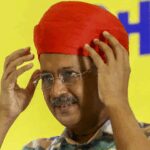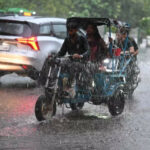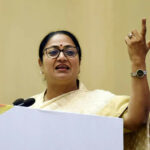The killing of more than a hundred student protesters in Bangladesh is loaded with terrible irony and horror (Report, FT Weekend, July 20).
Working as a development professional in Bangladesh I saw how politicians wove a narrative of freedom designed to crush all opposing voices.
Prime minister Sheikh Hasina’s ruling Awami League party has turned pride in Bangladesh’s hard-won battle for independence into a weapon. She demonises political opponents as “razakars”, a word used to describe those who collaborated with the Pakistani army against the creation of the Bangladeshi state in the early 1970s. The government’s stance led to the executions of six senior members of the opposition in the period 2013-16, attracting condemnation from human rights organisations.
Last week’s violence began with peaceful protests against the practice of reserving government jobs for the descendants of freedom fighters, only escalating when Hasina labelled the protesters razakars. This culminated in students being beaten, kidnapped and tortured, and a police officer shooting an unarmed student protester.
The struggle playing out in Bangladesh now is a conflict between two understandings of freedom. First there is the carefully curated freedom, controlled by the state for its own benefit, a freedom so fragile that it relies on tear gas and shotgun shells. The government is so afraid of criticism that it bludgeons reporters and shuts down the internet. A freedom of the inept who must be propped up by a system of jobs quotas.
But there is also the freedom of Abu Sayed, who stood tall with his arms outstretched, his head high, even as a police officer took aim and fired on him. This is the freedom of the 170 people who are so far known to have been killed in last week’s unrest, and the freedom of the thousands of young voices who refuse to be silenced.
It is in these students that the spirit of Bangladesh’s glorious legacy of liberation from Pakistan truly lives on. The Bangladeshi state and its collaborators would have you think these protesters are the razakars. Do not believe them.
C Rashaad Shabab
Reader in Economics, University of Sussex;
Researcher, The Asia Foundation, Bangladesh, 2009-2011





